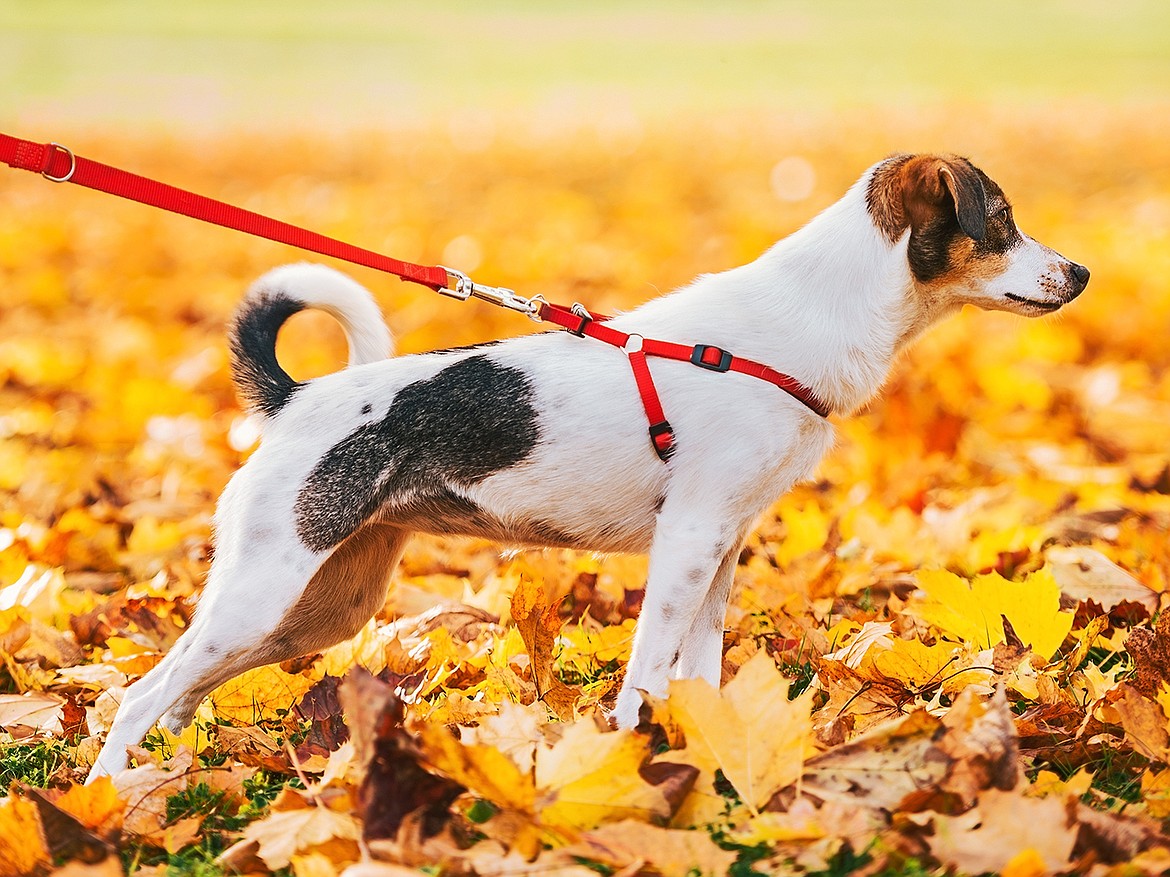Should you keep dogs away from acorns?
| October 17, 2022 1:25 AM
Every dog owner knows the difficulty of keeping their curious canines from eating just about anything they can find, and, with fall in full swing, scattered acorns are likely to catch plenty of pets’ attention. So, does eating acorns pose a risk to a dog’s health?
Dr. Erin Ray, a clinical assistant professor at the Texas A&M School of Veterinary Medicine & Biomedical Sciences, says that, generally, acorns are not toxic to dogs.
“Most dogs would need to ingest large quantities of acorns over a long period of time to become sick,” Ray said.
However, that doesn’t mean dog owners shouldn’t keep an eye out for a dog that manages to snag an acorn or two, as some dogs might experience stomach and intestinal issues like vomiting, diarrhea, and an upset stomach, according to Ray.
Aside from the issue of toxicity, the relatively large size and hard texture of acorns can cause a number of health issues for a dog.
“Acorns can be physically problematic for dogs if ingested whole or in large pieces,” Ray said. “They can cause dogs to choke or get stuck and obstruct the gastrointestinal tract, and they can even cause dental trauma if they are hard enough when chewed on.”
Because ingesting acorns might even result in the need for surgical removal if they become stuck, dog owners should try to prevent their pets from chomping on acorns whenever possible.
“It would be best to try to gently remove the acorn from your dog’s mouth if you’re able to do so safely,” Ray said. “Otherwise, most dogs are fine if they eat an occasional acorn, as long as it’s chewed prior to ingestion.”
If the dog does end up swallowing the acorn, the pet should be monitored closely for any choking, vomiting, or low appetite afterward; Ray recommends seeking veterinary care if these or other issues occur.
Pet parents can help to prevent the temptation of chewing acorns by raking your yard during times of the year when acorns are most abundant and avoiding areas where acorns are most densely found during walks. Additionally, Ray recommends training with commands such as “leave it” or “drop it” to prevent dogs from consuming any objects that might cause them harm.
The fall brings respite from the summer heat and plenty of reasons to enjoy the great outdoors. By being mindful of your dog during your outside time together, you can ensure your pet avoids any acorn-related accidents.
Pet Talk is a service of the School of Veterinary Medicine & Biomedical Sciences, Texas A&M University. Stories can be viewed on the web at vetmed.tamu.edu/news/pet-talk. Suggestions for future topics may be directed to editor@cvm.tamu.edu.



